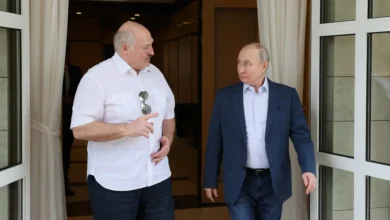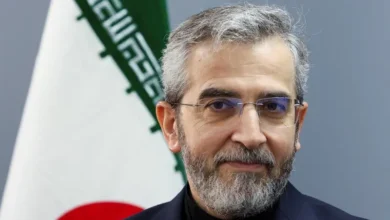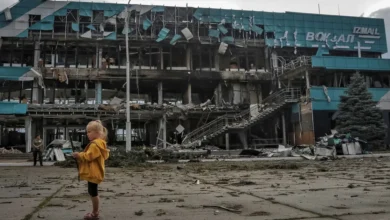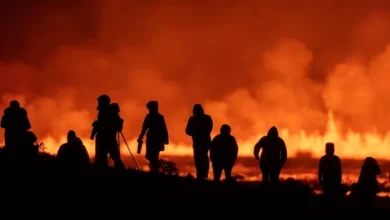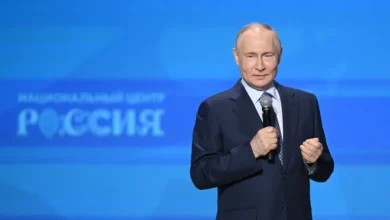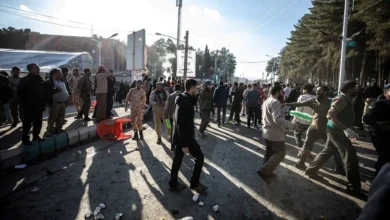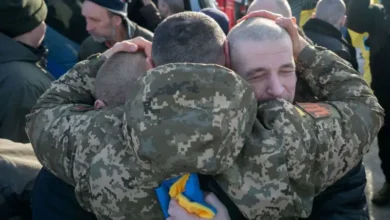Ukraine war shifts global power relations as China asserts role
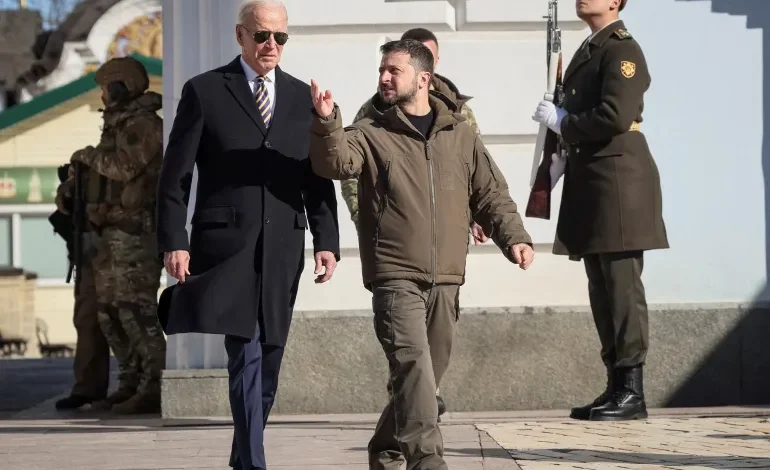
The Ukraine war began to visibly affect international relationships in the 52nd week of the conflict, as Washington declared Russian President Vladimir Putin a failure, Moscow revived nuclear threats and China assumed a more assertive posture towards the United States.
A year after Russian troops poured into Ukraine’s eastern Donbas region, a prelude to Russia’s full-blown invasion of Ukraine, US President Joe Biden made a surprise visit to Kyiv and declared that the Russian president had failed.
“He thought autocrats like himself were tough and leaders of democracies were soft,” Biden said in a speech delivered later that day on Polish soil.
“And then, he met the iron will of America and the nations everywhere that refused to accept a world governed by fear and force.
Biden upheld Ukrainian President Volodymyr Zelenskyy as a worthy adversary to Putin, who has refused to acknowledge Zelenskyy as an equal.
“[Putin] found himself at war with a nation led by a man whose courage would be forged in fire and steel: President Zelenskyy.”
Putin spoke for two hours the following day to justify his invasion.
“A year ago, in order to protect people on our historical lands, to ensure the security of our country, to eliminate the threat that came from the neo-Nazi regime that developed in Ukraine after the 2014 coup, a decision was made to conduct a special military operation,” said Putin, referring to the Maidan Revolution that unseated Ukraine’s pro-Russia president, Viktor Yanukovich.
